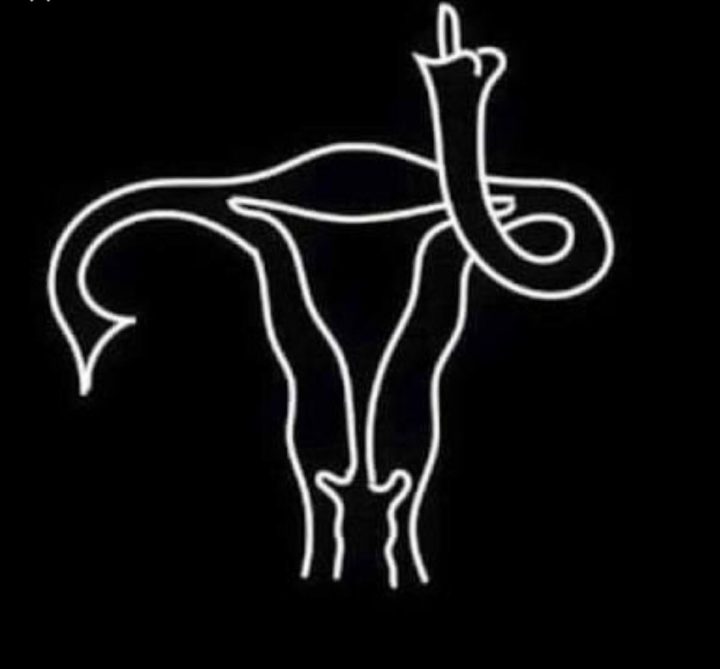Solidarity protests were also held in Paris, Berlin, Brussels, London, and elsewhere in Europe and the United States
Wearing black as a symbol of mourning for lost reproductive rights, tens of thousands of women in Poland and beyond took to the streets on Monday to protest a draconian ban on abortion.
As part of “Black Monday,” more than 100,000 protesters vowed to boycott work or school, and “in an act of solidarity, a number of businesses and corporations have reportedly pledged to shut their doors as part of the strike,” The Independent reported.
According to France 24:
The private news broadcaster, TVN24, with some of its own newscasters in black, showed images of establishments joining the strike, including a museum in Krakow where none of the women showed up to work.
In Czestochowa, a symbol of the country’s Catholicism due to the presence of a major shrine, more than 60 percent of employees refused to show up to work, according to TVN24. City employees responsible for providing essential services came to work wearing black.
The Telegraph reports that Gazeta Wyborcza, a Polish newspaper, “decided to put out an edition without its female staff contributing.”
Solidarity protests were also held in Paris, Berlin, Brussels, London, and elsewhere in Europe, as well as in the United States.
As Common Dreams reported, the recently introduced bill would ban abortion in almost all circumstances, unless pregnancy threatens the life of the mother—and even then, women would be put at risk. As Amnesty International explained: “With no clear guidelines about how close to death a woman or a girl must be for performing an abortion for medical reasons to be lawful, the onus will be on doctors to delay for as long as possible.”
The legislation, which the BBC notes “has cleared one parliamentary hurdle so far,” sets prison terms of up to five years for women seeking abortion and doctors who perform them. It is now being examined by a parliamentary commission, which could amend it. A vote is not expected for weeks.
Organizers said Monday’s strike and protest was inspired by the “Women’s Day Off” that took place in Iceland 40 years ago, during which an estimated 90 percent of women refused to work or perform housework in protest of economic inequality and workplace discrimination.
“A lot of women and girls in this country have felt that they don’t have any power, that they are not equal, that they don’t have the right to an opinion,” Polish strike co-coordinator Magda Staroszczyk told the Guardian on Monday. “This is a chance for us to be seen, and to be heard.”
Seen and heard they were, carrying signs that read, “We Won’t Be Degraded” and chanting “Stop the fanatics!”
“Black is the color of today on the streets,” said Jolanta Switala of Poland’s Center for Women’s Rights.










